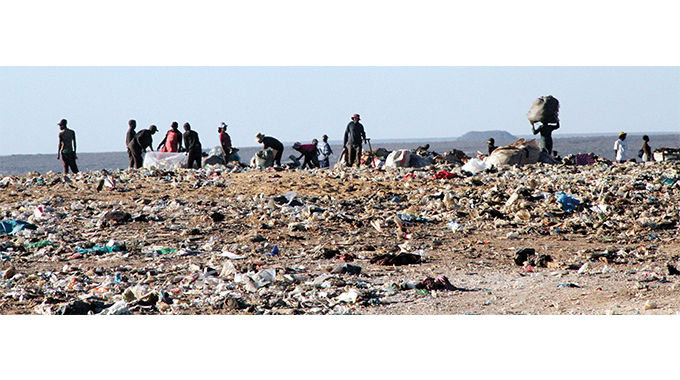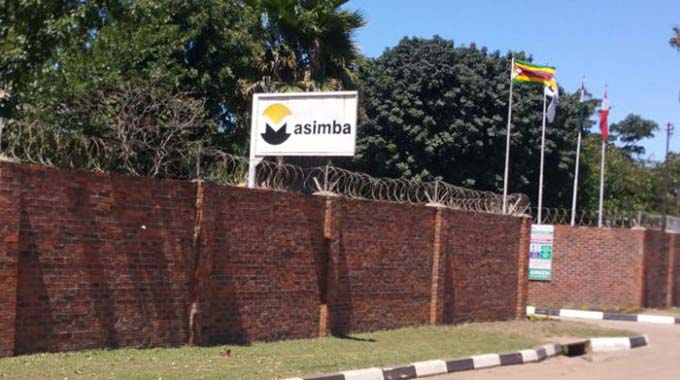‘PVO Amendment Bill to trigger forex shortages’
THE Private Voluntary Organisation (PVO) Amendment Bill could cause forex shortages as it contains provisions that hinder donor funds remittances, economic analysts and the Zimbabwe Coalition for Debt and Development (Zimcodd) have warned.
According to the monetary policy statement released in February, non-governmental organisations (NGOs) contributed US$975,16 million to total foreign currency receipts in 2021 up from US$647,75 million recorded in 2020, making it the second largest contributor after diaspora remittances.
In its latest monthly policy review statement, Zimcodd said the PVO Bill could affect the country’s debt status as the central bank would be forced to borrow from abroad to support the auction market.
Zimcodd said government should tighten its finance and anti-money-laundering laws to curb financial violations instead of enacting the PVO Bill.
“There is a possibility that the government will rely mostly on money printing to cover its budgeted expenditure,” Zimcodd said.
“This will fuel the already massively depreciating exchange rate and skyrocketing prices.
This is coming from the fact that NGOs are one of the top generators of forex in Zimbabwe. Public debt is likely to balloon.
“To increase forex to support the auction market, RBZ may end up borrowing from abroad, for example it borrowed $1,4bn between 2017 and 2019 from Afreximbank
In the end, the debt which is already unsustainable will continue to balloon.
This will cripple the country’s ability to mobilise resources.”
Government gazetted the PVO Amendment Bill in 2021 saying it was meant to bring the existing PVO Act in line with Financial Action Task Force recommendations against money-laundering and financing of terrorism.
Economist Gift Mugano (pictured) said the PVO Bill had a negative impact on foreign currency remittances to the country.
“There is no doubt that NGOs make a significant contribution to foreign currency because there are vehicles on the ground,” Mugano said.
“The current policy by development partners says government cannot be given money for development aid directly due to the sanctions imposed on it.
It is only eligible for humanitarian aid.
If it bans CSOs, then development money will stop coming into the country which will obviously create foreign currency shortages leading to a myriad of socio-economic challenges.”
Another economist Trust Chikohora said while NGOs were a major player in foreign currency remittances, their operations should be regulated to guard against money-laundering activities.
““There is no doubt that the NGOs contribute a huge chunk of foreign currency to the economy but they then cannot enjoy impunity simply because of that.
Regulation is necessary just like what is happening to all other bodies or organisations,” he said.-newsday









